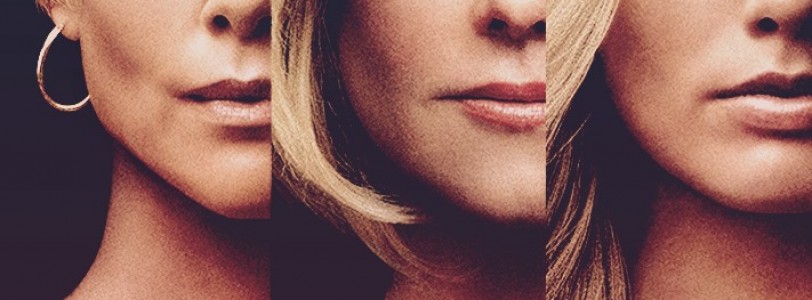2016 was a year of significant change, with the UK voting to leave the EU and Donald Trump being elected president. But it was also the year a small empire briefly looked like it might implode, as founding Fox News CEO Roger Ailes was forced to resign amid accusations of sexual harassment..
In July 2016, former Fox News anchor Gretchen Carlson (Nicole Kidman) filed a personal lawsuit against Roger Ailes (played by John Lithgow) for sexual harassment, after she was fired without cause. During the internal investigation more than 20 other women came forward and made allegations, including Fox News anchor Megyn Kelly who is depicted on screen by Charlize Theron (who has been BAFTA and Golden Globe nominated as best leading actress). As a result of that investigation, Rupert Murdoch (Malcolm McDowell), owner of Fox, alongside his two sons James and Lachlan (played by real life brothers Josh and Ben Lawson) had heard enough, deciding that Ailes had to go, subsequently paying him $40 million as an exit agreement and settling with Carlson, among others.
Bombshell documents that story, skilfully employing archival footage alongside the narratives woven by each actor. It starts with Megyn Kelly falling ill while preparing to co-moderate the 2016 Republican debate. Nonetheless, she manages to ask the all important question of Trump over his behaviour towards women, which results in a backlash of targeted online abuse – largely directed by Trump himself. Given the close ties between Fox News and the positive coverage of the Republican Party, this serves as a sub-narrative of how Fox dealt with Trump internally, and the contention between Ailes and Murdoch over the Republican candidate; Ailes opting to be more courteous of him.
At the same time, we meet Gretchen Carlson planning with her lawyers to sue Fox News for sexual harassment, before being reminded of the forced arbitration clause in her contract, and instead persuaded to sue Ailes personally. Carlson starts gathering evidence, a process which lasts for over a year, before eventually being fired without cause. At this point, she sues Ailes, and is attacked by former co-workers on and off-air, while Kelly remains conspicuously quiet.
The film also has a third protagonist, Kayla Pospisil, played by Margot Robbie, (who is also up for BAFTA and Golden Globe awards for her supporting role). She is a composite character with no real-life comparison, but serves as the embodiment of the experiences so many women experienced at Fox News. Formerly working with Carlson, she gets promoted to Bill O’Reilly’s show before happening upon a chance meeting with Ailes. Discussing her ambition, she is then sexually harassed by Ailes, and, as we later discover, she succumbed to his advances during an emotional phone call with secret liberal lesbian producer Jess Carr (Kate McKinnon), who also doesn’t exist off screen.
The acting was strong, and all three female leads perfectly capture the mix of ambition, back-stabbing and emotional vulnerability. Indeed, the casting in general was exceptionally well executed, with characters who were suitably deep and sympathetic. Even Ailes, with the horrific acts he undertook and left unchecked as CEO, had a degree of humanity to him when it would have been easy to leave him as a total monster.
Despite being marketed as the real story of what happened at Fox, there was nonetheless a degree of dramatisation. The film did expressly state that at the start, which I appreciated, but I wonder whether it was totally necessary to go as far as they did. The creation of Pospisil in itself was not problematic, given the role she played as a current victim of Ailes, but once you learn neither character is real, the lesbian interaction between her and equally fictious Carr felt gratuitous. Upon further research it also seems as though the film portrays Kelly in a far more heroic light than perhaps is accurate.
Inaccuracies aside, Bombshell documents an important moment in media history, and in doing so also captures the realities of being a female in the industry in an unapologetic, unflinching but realistic manner. It also looks at the culture of bullying, and how it is often overlooked or downplayed as ‘banter’, especially when directed at women. It is definitely worth watching, and will serve as a great diving off point to anyone who wants to learn more about the shifting tides of the media landscape.









0 Comments